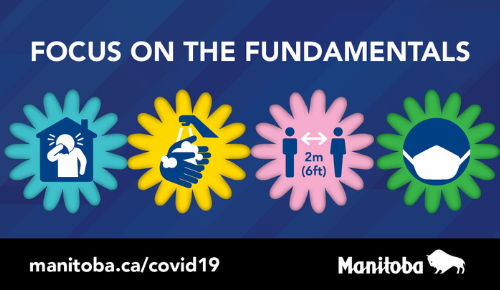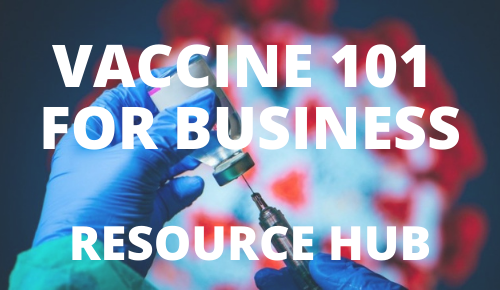A suite of new social innovation micro-credentials is the first offered by Red River College to help businesses and professionals build skills in embedding reconciliation efforts through effective and respectful consultation processes and relationship-building. The Indigenous Community Consultation and Engagement courses are open to both individuals — to start a rewarding career in community development and social innovation, or obtain necessary communications skills used in many professions — and to businesses, to help streamline processes, provide a competitive advantage, and guide work with Indigenous communities for mutual success.
“When we look at reconciliation and Indigenous worldviews, it’s all about relationships,” says Carla Kematch, RRC’s Manager of Truth and Reconciliation and Community Engagement. “We can provide industry and professionals the foundation to build strong, reciprocal relationships with Indigenous peoples using guiding principles and processes, while simultaneously responding to the Truth and Reconciliation Commission of Canada’s Calls to Action in their work.”
Businesses and professionals will learn the historical and current colonial context — including the Indian Act, the Truth and Reconciliation Commission of Canada’s Calls to Action and the United Nations’ Declaration on the Rights of Indigenous Peoples — and how this impacts Indigenous communities and projects within their communities.
“Red River College has proudly pledged to support reconciliation action and education in Manitoba, and micro-credentials are uniquely positioned to support a gradual and strategic response to evolving reconciliation needs of businesses and professionals,” says RRC President Fred Meier.
“This suite of courses specifically is a very important place to start to understand how to build strong relationships, especially as organizations are trying to figure out how reconciliation will take shape in processes and policies. While there are positions and professionals who are experts dedicated to truth and reconciliation and advising on strategies to respond to the Calls to Action, we all need to have this knowledge and learn how we can apply it within projects, initiatives and daily work.
The courses are endorsed by the Manitoba Chambers of Commerce (MCC), which is encouraging its nearly 10,000 members businesses to enrol.
“We are proud to support initiatives and programs that make Manitoba a better place to work and live. Reconciliation starts with education, and I believe that many of MCC’s members will benefit from having access to these courses,” says MCC President Chuck Davidson.
“The Chambers and RRC have fostered a strong partnership to help businesses adapt and grow through disruption, and I believe an integral part of growth is a commitment to learning respectful processes for engagement and consultation with Indigenous communities.”
Social innovation brings new perspectives to existing ways of decision-making in today’s world by exploring the tremendous capacities of communities and individuals looking to initiate systems change. In this context, consultation focuses on collective community knowledge, adding value to the lives of Indigenous and non-Indigenous peoples, building capacity and reflecting cultural ways of knowing so community members can make informed decisions.
“Social innovation is a really important and exciting emerging field where business and entrepreneurship meet advocacy and social change,” says Kematch. “This is in natural alignment for many Indigenous peoples, because its purpose is effecting real change in today’s complex systems, while also using a sustainable, environmentally-conscious lens.
“While we are seeing many Indigenous students follow this as a rewarding, full-time career path, a lot of these skills in this career can be transferred to many different types of businesses and even industries. We know that to move forward, there is a lot of work that needs to be done in effectively and respectfully working with Indigenous nations and communities, as well as understanding Indigenous sovereignty and decision-making. This is where reconciliation can make huge strides.”
The Indigenous Community Consultation and Engagement suite is comprised of three online 25-hour courses, with each awarding one credit hour and a digital badge upon completion. Completing all three courses awards a fourth digital badge that demonstrates competencies in Indigenous Community Consultation and Engagement.
RRC alumni, as well as group bookings for organizations (registering five or more employees), receive a 10% discount. Online information sessions will be offered so those interested in the micro-credentials can learn more.




